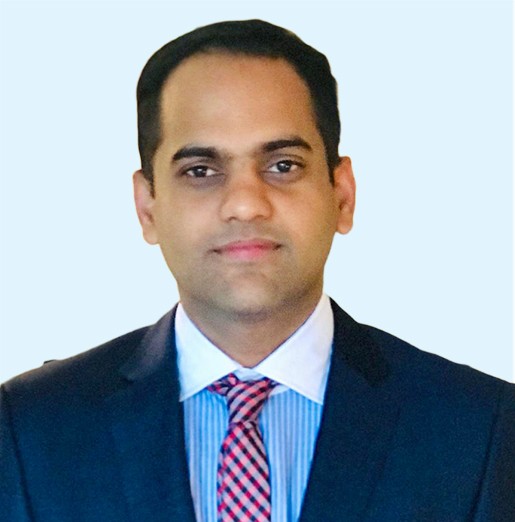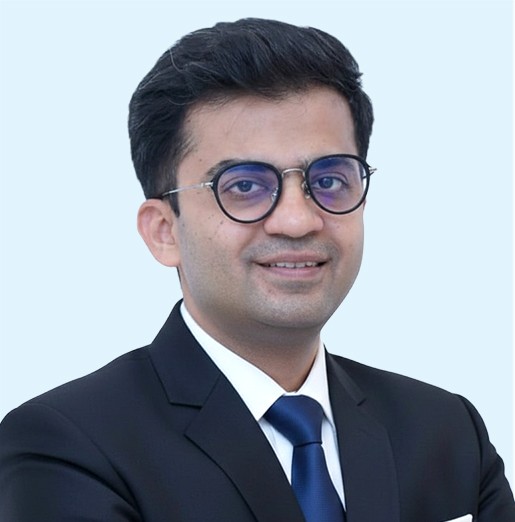When we lose the normal function in our hands, fingers, or wrists, we lose the ability to perform routine, everyday tasks. The frequency in which we use our hands makes them prone to traumatic injuries such as dislocations and fractures. Meanwhile, repetitive motions while at work or participating in a favorite activity can lead to tendonitis, arthritis, or carpal tunnel syndrome. These are common overuse problems characterized by chronic pain. At KIMS Orthopedics, our specialists and surgeons in the Hand & Upper Extremity Center are trained and experienced in treating hand and wrist injuries and conditions. Most problems can be effectively treated non-surgical with splints, casts, cortisone injections, or physical therapy. With more severe injuries and conditions, surgery may be the best option to help relieve your discomfort and restore maximum function in your hands and wrists.
An injury or condition in your elbow can prohibit you from performing your daily activities. Elbow problems can afflict people of all ages and lifestyles, sidelining them from work or their favorite sports or hobbies. Elbow troubles come in many forms, from overuse injuries like tennis elbow and tendonitis to diseases such as arthritis. Additional hardships that can arise include golfer's elbow, contractures, dislocations, fractures, ligament injuries, cubital tunnel syndrome, and congenital conditions. The specialists in our Sports Medicine Center and Hand & Upper Extremity Center treat virtually all of your elbow injuries, whether sports-related or not. They are committed to restoring your maximum function and safely returning you to health through non-operative and surgical treatments. At KIMS Orthopedics, our goal is to get you back to doing what you love to do. The treatment plan that our physicians recommend is customized to best meet each of our patient's needs.
Your shoulder is a versatile and valuable joint. When it is injured, the pain can significantly reduce your shoulder's flexibility and motion, limiting your ability to perform certain functions. Shoulder problems that can arise in the shoulder include tendonitis, bursitis, osteoarthritis, and cartilage and muscle tears from overuse. Our shoulder specialists, who are integrated with the Sports Medicine Center and the Hand & Upper Extremity Center at KIMS Orthopedics, understand the importance of getting back into the game. They specialize in evaluating and diagnosing your injuries and conditions, and providing a treatment plan that is unique to you. Our shoulder physicians always consider nonsurgical, conservative methods first to effectively relieve your pain. A non-operative method is physical therapy, including individualized shoulder exercises. However, if surgery is necessary to allow you to resume an active lifestyle, our specialists perform advanced techniques that are less invasive and can lead to quicker recovery times.
Shoulder Arthroscopy
While the symptoms of shoulder pain may be tolerated with medications and lifestyle adjustments, there may come a time when surgical treatment is necessary. Total shoulder joint replacement surgery, also known as arthroplasty, removes the damaged portion of the shoulder joint and replaces it with artificial implants. Shoulder arthroplasty relieves pain and restores function for most people. At The Center for Bone and Joint Surgery, our Board-Certified Orthopedic Surgeons have specialized advanced training in total shoulder replacement. Our compassionate surgeons and professional staff will provide you with a seamless continuum of care, from evaluation to treatment.
Reverse Shoulder Replacement
Reverse Shoulder Arthroplasty is a relatively new procedure that can bring a substantial decrease in shoulder pain and significant increase in function to your shoulder, if it is right for you. A Reverse Shoulder Replacement can be of benefit for you if you are suffering from long-standing rotator cuff degeneration that makes it difficult to lift your arm.Reverse arthroplasty is necessary when degeneration is caused by a lack of a functioning rotator cuff over time. Reverse Shoulder Arthroplasty differs from traditional shoulder replacements in that the "socket" of the shoulder is replaced with the "ball," and vice versa, allowing the intact muscles around the shoulder to lift the arm. In effect, bypassing the non-functioning rotator cuff and relying on the deltoid muscle to lift the arm. The surgeons at The Center for Bone and Joint Surgery have advanced training in reverse shoulder replacements and are restoring functional and mobility to patients not previously considered a candidate for shoulder replacement.
Rotator Cuff Tear & Repair
The rotator cuff is a group of tendons that help the upper arm stay in place at the shoulder and allow you to lift your arm. Sudden shoulder movements, falls, or overuse can cause the rotator cuff to tear. The decision on how to treat rotator cuff tears varies from person to person. Some rotator cuffs can be treated with nonsurgical methods. However, if surgery is necessary, feel confident that the skilled surgeons at The Center for Bone and Joint Surgery have the expertise to perform advanced surgery techniques, such as arthroscopic surgery, to ensure your smooth recovery and best outcome.
















